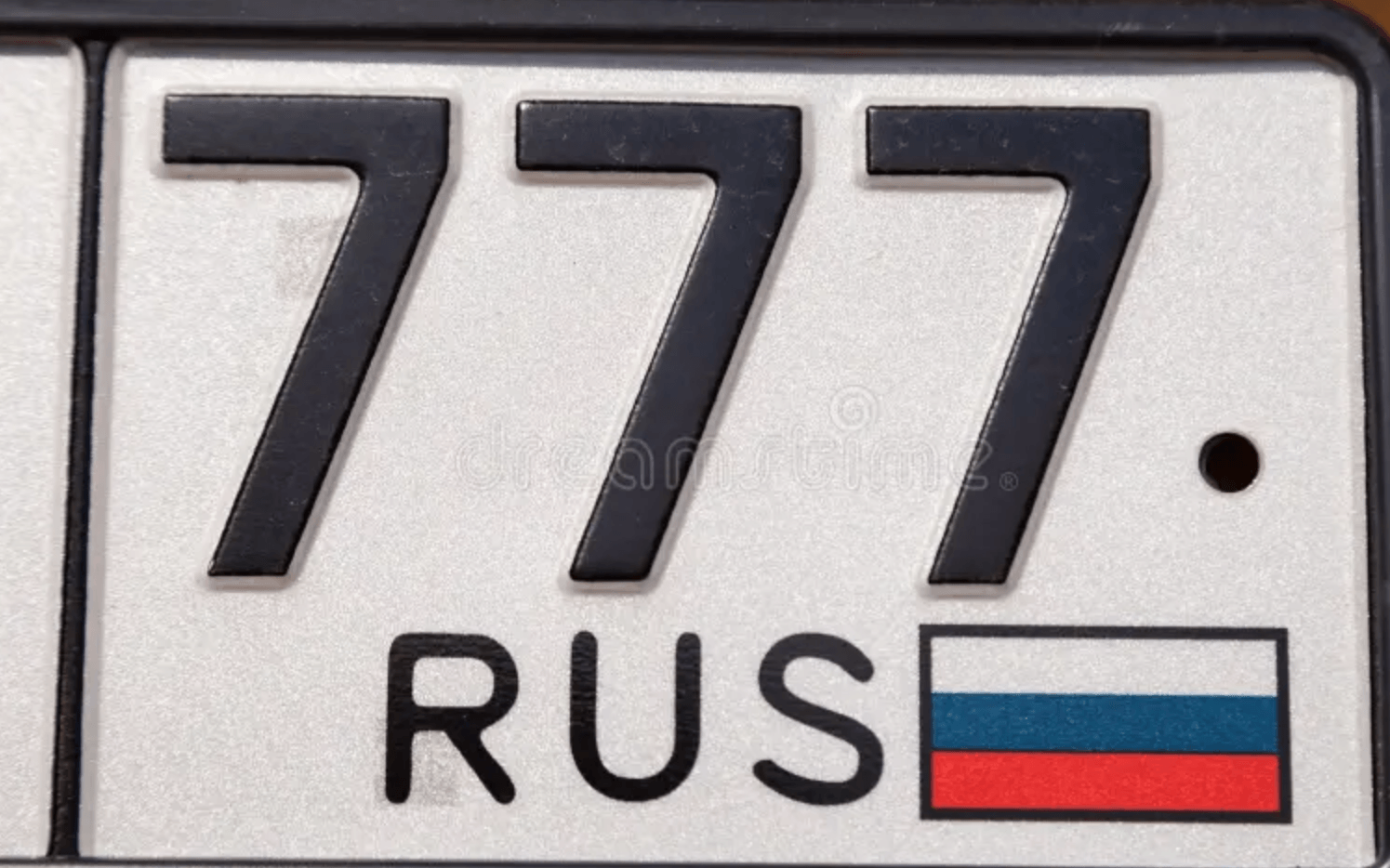The European Commission has confirmed that entry into European Union countries using Russian-registered vehicles is prohibited. Additionally, personal belongings, such as smartphones, jewelry, and laptops, carried by Russians crossing the border are also subject to potential risk.
The European Commission has affirmed its interpretation of sanctions legislation against Russia, clarifying that the entry into EU countries using passenger cars registered in Russia is considered a form of prohibited importation. This interpretation holds true whether the vehicle is used for private or commercial purposes, as long as it falls under the customs codes specified in Annex XXI, which includes code 8703. Code 8703 encompasses passenger cars and other vehicles designed for the transport of fewer than ten people. The European Commission notes that cars with Russian license plates and registered in Russia are particularly likely to be categorized as “exported” from Russia.
Last summer, some Russians who were traveling to Germany in their cars faced apprehensions at customs. In early July, German customs confirmed that the importation of passenger cars from Russia is prohibited under Article 3i of Regulation 833/2014, which outlines the embargo against Russia. This prohibition applies to any movement of goods, even if it is for personal, non-commercial purposes.
This interpretation raised concerns among legal experts, as Article 3i prohibits the import or transfer of goods to EU countries from the list in Annex XXI that “generate substantial revenues for Russia,” which could be related to the sale of goods. Russian lawyers, in particular, questioned whether such situations were the result of misinterpretations of German customs legislation regarding the distinction between importing and entering the country with a private car, or potential misuse by government officials. The stance of the pan-European regulator remained unclear.
On September 4, the Russian embassy in Germany reported that isolated cases of German customs officials seizing cars registered in Russia and temporarily imported for personal use or transit continued. The embassy noted that arguments emphasizing that this pertained to the importation of personal property used for personal purposes and temporarily brought into the territory of the Federal Republic of Germany on legal grounds were not being taken into consideration.
The European Commission emphasizes that the period for which a car with Russian license plates is imported and the customs procedure used for this purpose, whether it involves release into free circulation or temporary importation, are irrelevant factors in this regard.
Source: 420on.cz


















